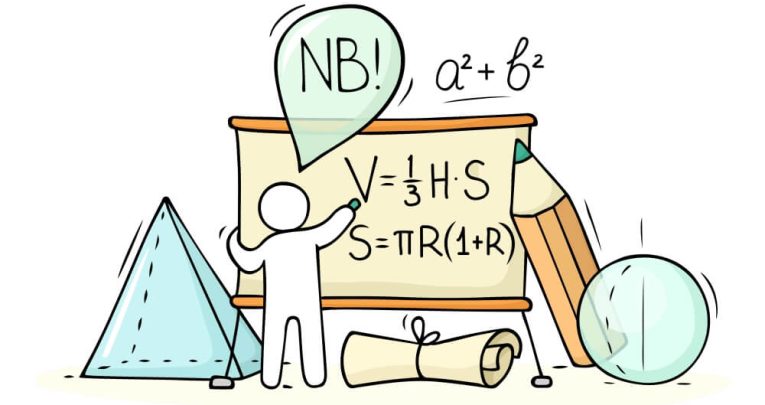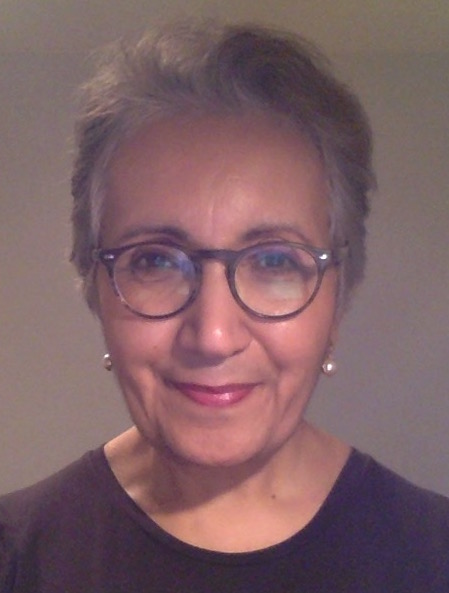“The education system needs teachers who can demonstrate authority”

Between modern aversions to notions of ‘authority’ and the policing of public discourse, is it any surprise that teachers are finding it harder to be authoritative?

- by Dr Alka Sehgal Cuthbert
- Teacher, independent academic, writer and director of Don’t Divide Us Visit website

If there’s one place in society where we’d want adults to be authority figures, you’d think it would be schools. Yet today, it seems that there’s an ambivalence, or even hostility to the idea of teachers acting in an authoritative manner, such that the job of educating is being made harder than ever.
Incendiary character
Take two recent examples. Firstly, that of the teacher at Batley Grammar School who was deserted by his head, colleagues and union representatives when some parents and members of local Muslim groups – not all of whom even had children at the school – expressed offence at his showing of a cartoon depicting Mohammed in a RE lesson about tolerance and freedom of thought.
In the face of protests at the school gates, the head suspended the teacher (and later his two colleagues) before issuing an apology to those protesting. An investigation is ongoing while the teacher and his family remain in hiding.
The second example is that of Pimlico Academy, where students held protests over the school’s policies regarding its uniform, curriculum and flying of the national flag. The head, Daniel Smith, subsequently resigned, not long after NEU members at the school passed a vote of no confidence in him.
At first glance, both cases concerned a teacher or leader who had seemingly shown insufficient sensitivity to feelings centred around race or religion. Yet wherever you stand on the specifics involved, there are deeper issues at play here that don’t relate to racism or religious discrimination, but which serve to give both incidents, and others like them, their incendiary character. Those issues involve long-standing problems with teachers’ authority, and related failings of solidarity.
A common purpose
The ‘knowledge’ part of a teacher’s job requires them to be authorities in their subject, but also authoritative in a wider sense that models normative ethical behaviour.
This is important for being able to create a community that’s distinct from the domestic groups pupils are part of when at home. Every school must maintain its own unique community of pupils and teachers acting together for a common cause – namely the teaching and learning of the ideas, standards and procedures involved in acquiring subject-specific knowledge.
That doesn’t mean that pupils – or indeed teachers – should somehow forget, ignore or deny their respective home identities. But it does mean parking them for a while, so that we can get on with cultivating a common sense of purpose and developing the identities of ‘teachers’ and ‘pupils’ that are so unique to schools.
Ground rules
In 1966, three eminent educational scholars – R.S. Peters, Basil Bernstein and Elvin Lionel – wrote a paper entitled ‘Ritual in Education’, in which they discussed the increasing inability of adult society to oversee the rituals of the young as they entered adulthood.
Adolescents, they argued, were overseeing these for themselves, while adults increasingly cleared the field. They didn’t foresee a happy future for schools in the event of the trend continuing, because intergenerational relationships in semi- public or civic institutions like schools depend on adult authority to guarantee common ground rules. In this context, rules of conduct aren’t repressive or restrictive, but rather an act of adult responsibility.
In setting and upholding rules, teachers and heads relieve young people of the burden of responsibility for the school community, and shoulder the task of managing the emotional energies of individuals that can be potentially disruptive – something that very few students could take on, in addition to their studies.
Navigating the journey from youth to adulthood partly requires internalising which behaviours and norms are permissible at home with one’s family, versus what’s permissible at school alongside friends and peers. The insights and experiences acquired during this process will help pupils negotiate their adult relationships later on in life.
These aren’t rigid distinctions, but necessary ones if young people are to be educated and socialised so that they can participate in public and civic life as part of a pluralistic, democratic society. This requires a cohort of adults in schools able to act authoritatively, without having to constantly second guess themselves out of worry that what they say will be misinterpreted and lead to a students’ revolt, parental protests or worse.
An abdication of duty
And yet, ‘authority’ itself is now often seen in negative terms. Say something definitively or with any kind of certainty, particularly among children, and you risk being seen as authoritarian rather than authoritative.
However, the fact remains that teachers must be able to stand before pupils as representatives of their subject, and not as perceived gaolers or psychological manipulators (or indeed, as friends or political comrades). All adults need to support teachers in this task, and teachers need to support each other, because that’s what adults do.
By upholding discipline, teachers and heads can help to create and sustain the basis of a school community. Opting for easy popularity points by trying to be pupils’ friends or allies in some social justice cause amounts to an abdication of this key educational duty.
Looking upstream, at what’s happened in academia and teacher education departments over the past few decades, we can find teachers who haven’t been helped to become authorities in their subject, or familiarised with the foundational subjects of education. Instead, they’ve been told to become experts in seemingly anything other than their raison d’être, whether it be cognitive neuroscience or edu- activism – take your pick.
Any assertions of authority must be expressed in the most self-effacing way possible, through recourse to pseudo-scientific behaviour codes or child- friendly forms of restitutive justice. This is as dishonest as it is ineffective.
Faux market
Into the moral space once occupied by teacher authority and the intrinsic value of knowledge has thus come the creeping marketisation of education and knowledge, while at the same time, the educator and pupil relationship has morphed into one more akin to provider and consumer.
Schools and teachers now exist to serve individual pupil needs, and in this faux market, the communality of education is lost. Instead, we have this ‘L’Oreal approach’ to schooling where it’s all about you – ‘You’re worth it’ – simply by dint of being who you are.
This is what most parents will tell their children, and a part of unconditional parental love. Teachers, however, have a different task – to help children extend their imagination, and develop their ability to reflect on and perceive the world from the perspective of individuals different to themselves. This democratically desirable characteristic is more likely to come about indirectly, through teaching and learning based on a liberal, subject-based curriculum.
But in order to work, this type of education system needs authoritative teachers.
If we continue to accept that teachers and schools are there to serve pupils as consumers, and that pupils are there to produce good optics via school performance tables and statistically significant outcomes – then who exactly is there to serve education?
Alka Sehgal Cuthbert is a teacher, independent academic and writer, and co-editor of What Should Schools Teach? – Disciplines, subjects and the pursuit of truth, 2nd Ed. (£25, UCL Press); follow her at @ASCphiled










